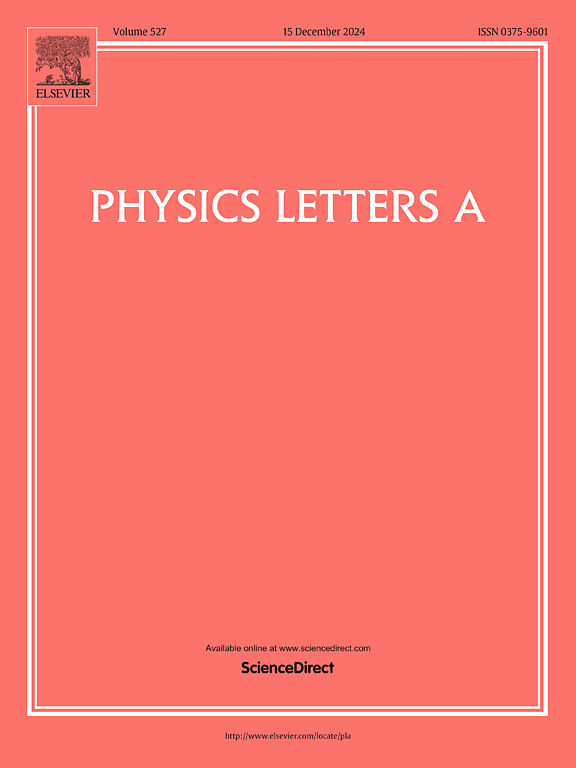集体风险社会两难博弈中纯制度奖惩下的合作演化
IF 2.6
3区 物理与天体物理
Q2 PHYSICS, MULTIDISCIPLINARY
引用次数: 0
摘要
在旨在实现集体目标的集体行动中避免搭便车是一项挑战。利用集体风险社会两难博弈进行的研究表明,奖惩措施可以缓解这一问题。然而,这些研究通常假定执行这些激励措施的个人也要承担合作和执行激励措施的成本,从而使这种方法成本高、效率低。在此,我们在集体风险社会两难博弈中引入了纯制度奖惩策略,即实施激励措施的个体不承担合作成本,以研究其对合作演化的影响。我们发现,引入纯奖励策略可以促进群体中合作者和搭便车者的稳定共存。相比之下,引入纯惩罚策略会导致更多样化的动态,包括单稳态、双稳态、三稳态甚至四稳态结果。我们的研究结果凸显了纯惩罚策略在抑制搭便车行为方面优于纯奖励策略。本文章由计算机程序翻译,如有差异,请以英文原文为准。
Evolution of cooperation under pure institutional reward and punishment in collective-risk social dilemma games
Avoiding free-riding in collective actions aimed at achieving collective target is challenging. Research using collective-risk social dilemma games shows that rewards and punishments can mitigate this issue. However, these studies typically assume that the individuals enforcing these incentives also incur the costs of cooperation and implementing the incentives, making the approach costly and inefficient. Here, we introduce pure institutional reward and punishment strategies into collective-risk social dilemma games, where individuals implementing incentives do not bear the costs of cooperation, to investigate their effects on the evolution of cooperation. We find that the introduction of pure reward strategy can promote the stable coexistence of cooperators and free riders within the population. In contrast, the introduction of pure punishment strategies can lead to more diverse dynamics, including monostable, bistable, tristable, and even quadristable outcomes. Our findings highlight the superiority of pure punishment strategies over pure reward strategies in curbing free-rider behavior.
求助全文
通过发布文献求助,成功后即可免费获取论文全文。
去求助
来源期刊

Physics Letters A
物理-物理:综合
CiteScore
5.10
自引率
3.80%
发文量
493
审稿时长
30 days
期刊介绍:
Physics Letters A offers an exciting publication outlet for novel and frontier physics. It encourages the submission of new research on: condensed matter physics, theoretical physics, nonlinear science, statistical physics, mathematical and computational physics, general and cross-disciplinary physics (including foundations), atomic, molecular and cluster physics, plasma and fluid physics, optical physics, biological physics and nanoscience. No articles on High Energy and Nuclear Physics are published in Physics Letters A. The journal''s high standard and wide dissemination ensures a broad readership amongst the physics community. Rapid publication times and flexible length restrictions give Physics Letters A the edge over other journals in the field.
 求助内容:
求助内容: 应助结果提醒方式:
应助结果提醒方式:


